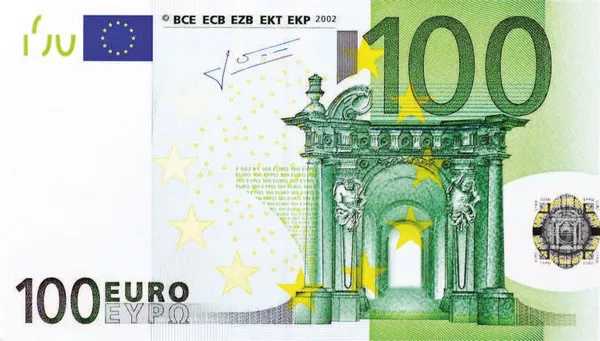During the early European trading hours on Wednesday, the EUR/GBP cross extended its decline around 0.8430, with political uncertainty in Europe exerting pressure on the Euro (EUR) against the Pound Sterling (GBP).
The Office for National Statistics (ONS) released data showing that the UK Gross Domestic Product (GDP) stagnated in April, following a 0.4% growth in March, aligning with market expectations. Additionally, UK Industrial Production fared worse than anticipated, dropping 0.9% on a monthly basis in April, contrasting with a 0.2% increase in March. Despite the mixed economic data from the UK, its impact on the Euro was minimal, with risk sentiment continuing to influence the currency pair.
France’s President, Emmanuel Macron, announced the dissolution of the country’s parliament and called for a snap election following indications from exit polls that his Renaissance party faced defeat by the far-right opposition in European parliamentary elections on Sunday, as reported by CNN. The ensuing political uncertainty surrounding the Eurozone’s second-largest economy weighed on the shared currency, acting as a headwind for EUR/GBP.
Adding to the market concerns, Destatis reported that inflation in Germany remained elevated in May. The German Harmonized Index of Consumer Prices (HICP) rose 2.8% year-over-year in May, in line with the previous reading and estimates. On a monthly basis, the HICP figure increased by 0.2% in May, matching forecasts.
The confluence of political uncertainty in Europe and mixed economic indicators from the UK and Germany contributes to the downward pressure on the EUR/GBP cross, signaling continued volatility in the currency pair amidst evolving market dynamics.
Related Topics:

























